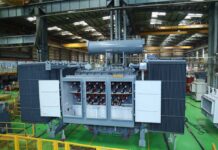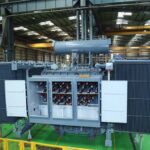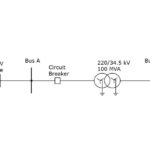
Recently, a high-level brainstorming session on ‘Pumped Storage Projects: Powering India’s Renewable Future’ was successfully conducted at the SCOPE Convention Centre, New Delhi, by THDC India Ltd. and Central Electricity Authority (CEA) in association with NTPC, with the support of CBIP & INCOLD.
The session witnessed the participation of over 300 distinguished delegates including top government officials, policymakers, developers, environmental experts, regulators, and senior representatives from the public and private sectors from near about 95 organisations and institutions from all around the country. The day-long event focused on the growing role of Pumped Storage Projects (PSPs) in supporting India’s renewable energy transition and achieving the national target of net zero emissions by 2070.
The event was graced by Pankaj Agarwal (IAS), Secretary, Ministry of Power, GoI, as the Chief Guest; along with Akash Tripathi (IAS), Additional Secretary (Hydro), Ministry of Power, GoI, as the Guest of Honour. M. G. Gokhale, Member (Hydro), CEA; Gurdeep Singh, CMD, NTPC; R. K. Vishnoi, CMD, THDCIL; Mohmmad Afzal, Joint Secretary (Hydro), MoP; Bhupender Gupta, Director (Technical), THDCIL, A. K. Dhinkar, Secretary, CBIP along with other senior officers of the power sector in India were among the dignitaries present at the ceremony.
The event featured four focused panel discussions that covered critical themes, including the ‘Policy, Planning, and Regulatory Framework for Pumped Storage Projects (PSPs)’, ‘Geological, Civil, and Material Considerations in PSP Development’, ‘Environmental and Forest Clearance Framework – Challenges & Streamlining’, and ‘Implementation Challenges & Way Forward for PSPs in India’. Those discussions provided valuable insights into the complexities and opportunities within each area, fostering a productive dialogue among policymakers, developers, technical experts, and environmental professionals.
Agarwal, during his address, emphasized that ensuring grid stability is a matter of urgent national priority – and every state must actively contribute to this effort.


















